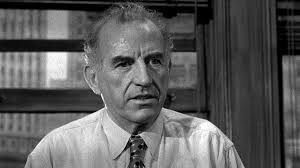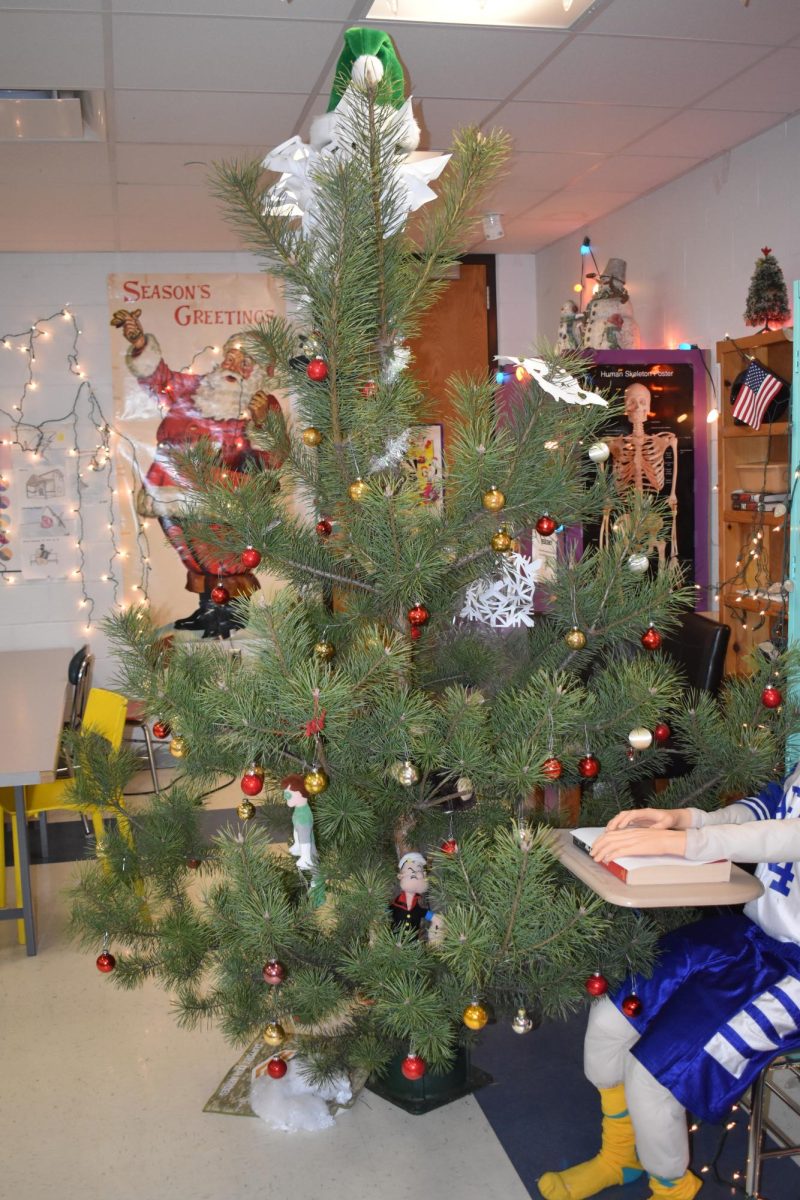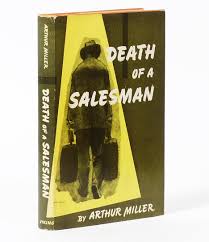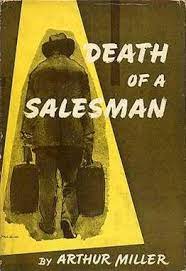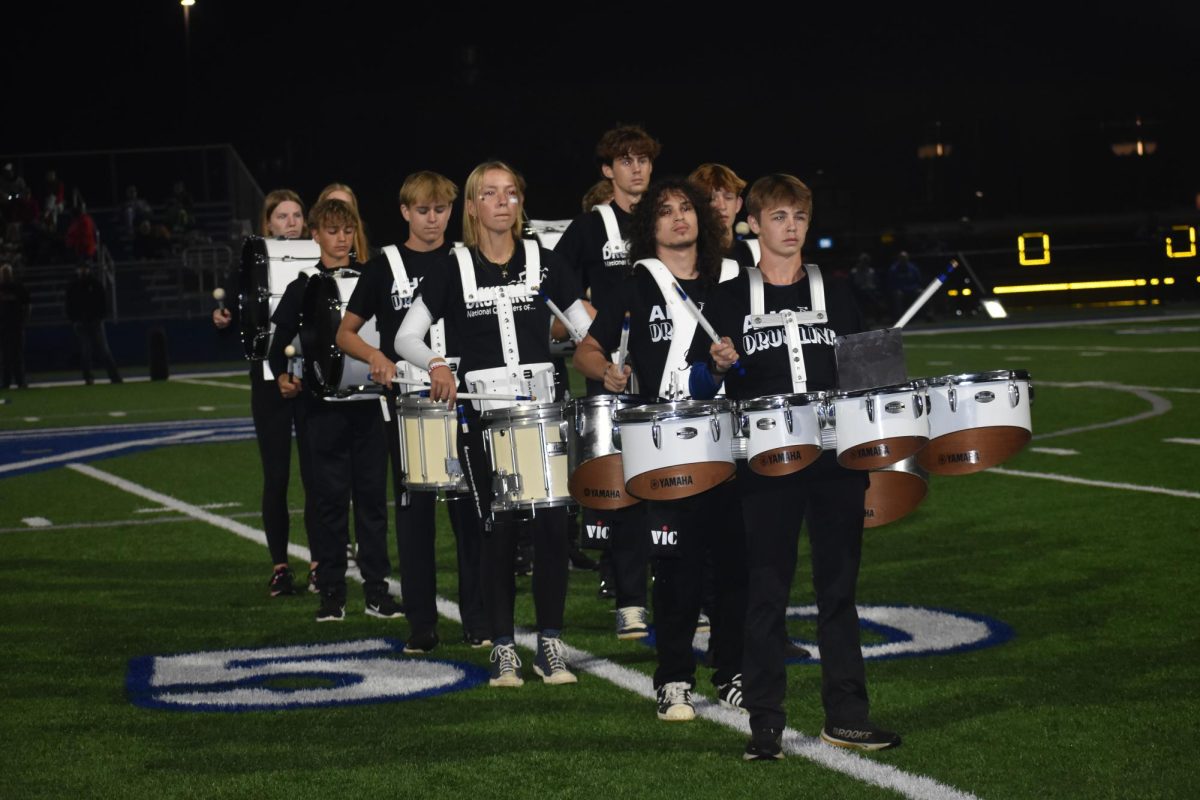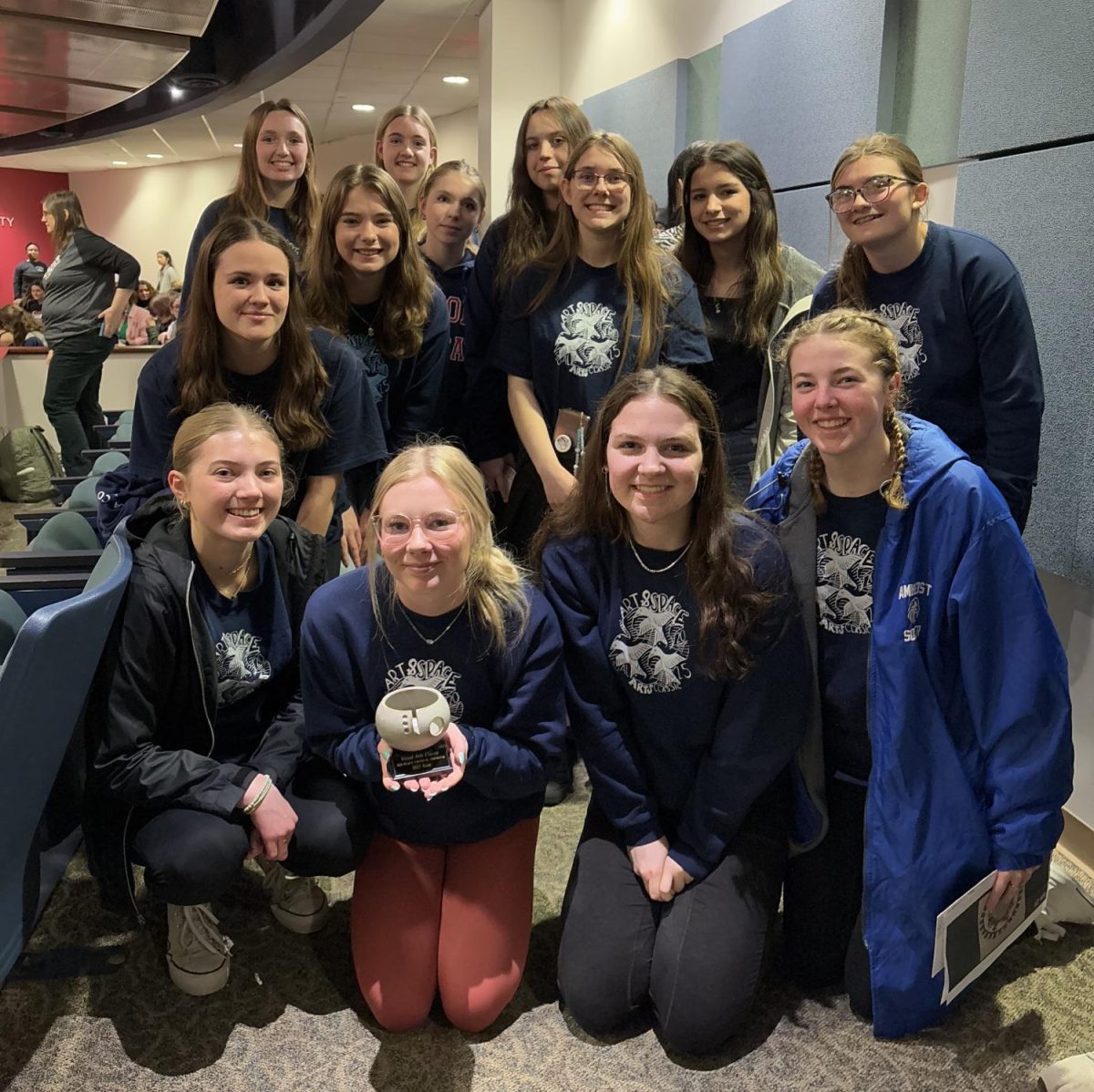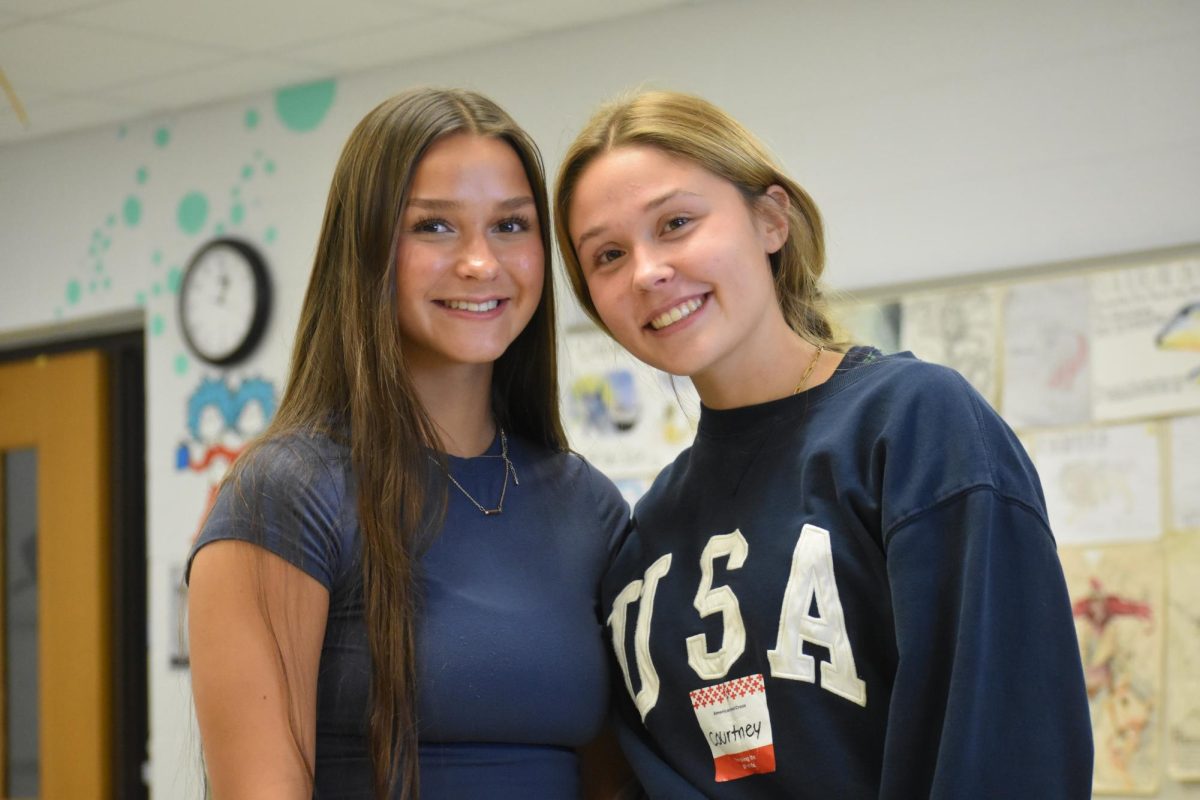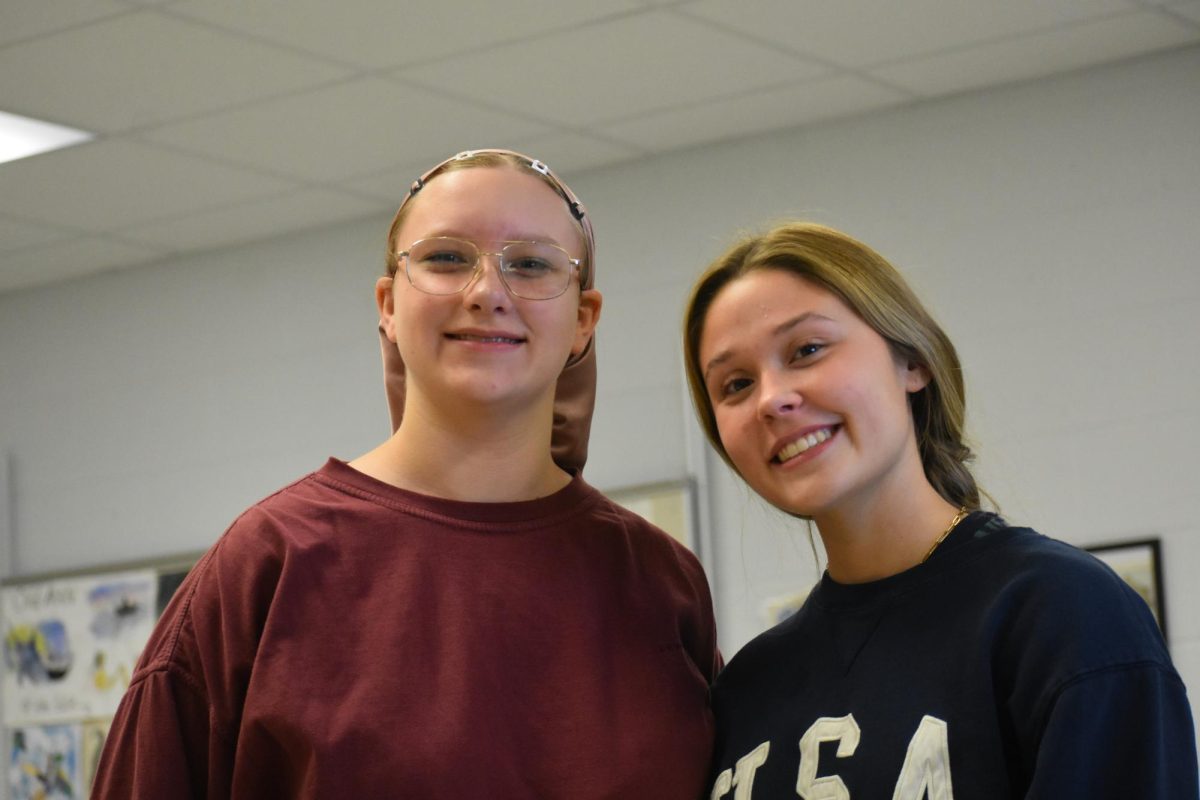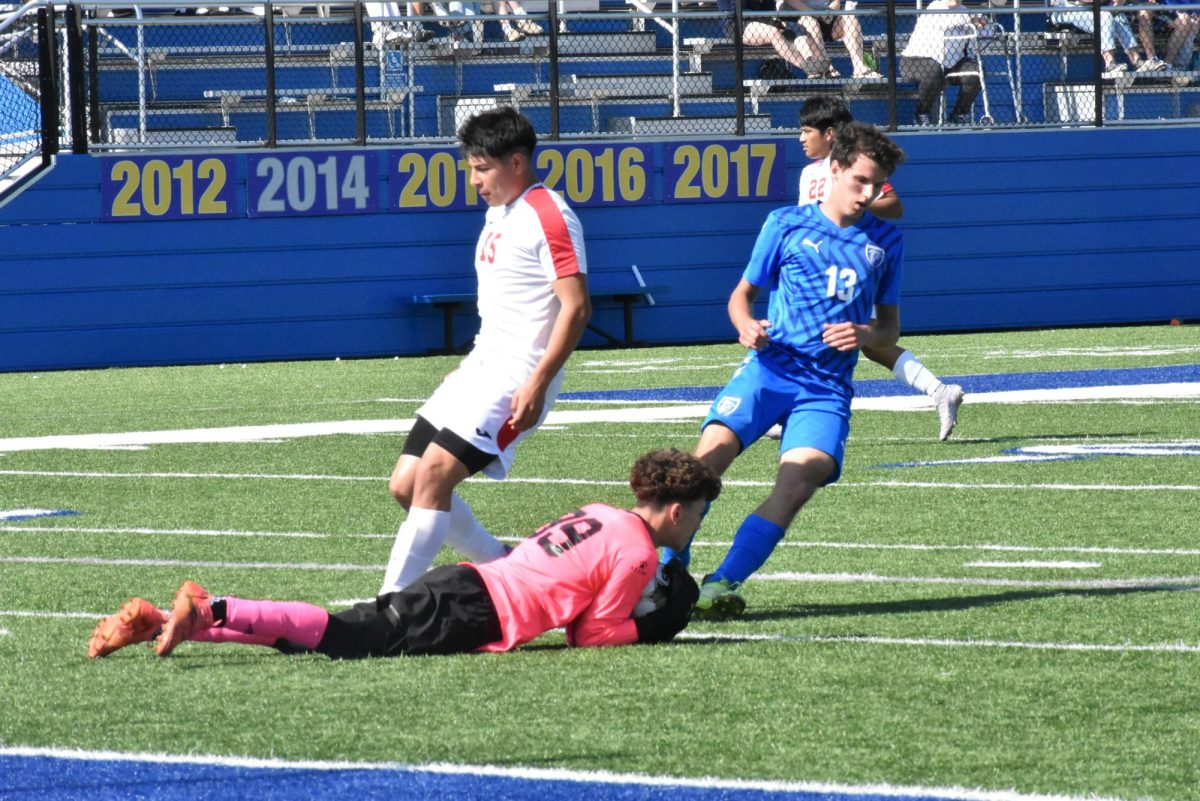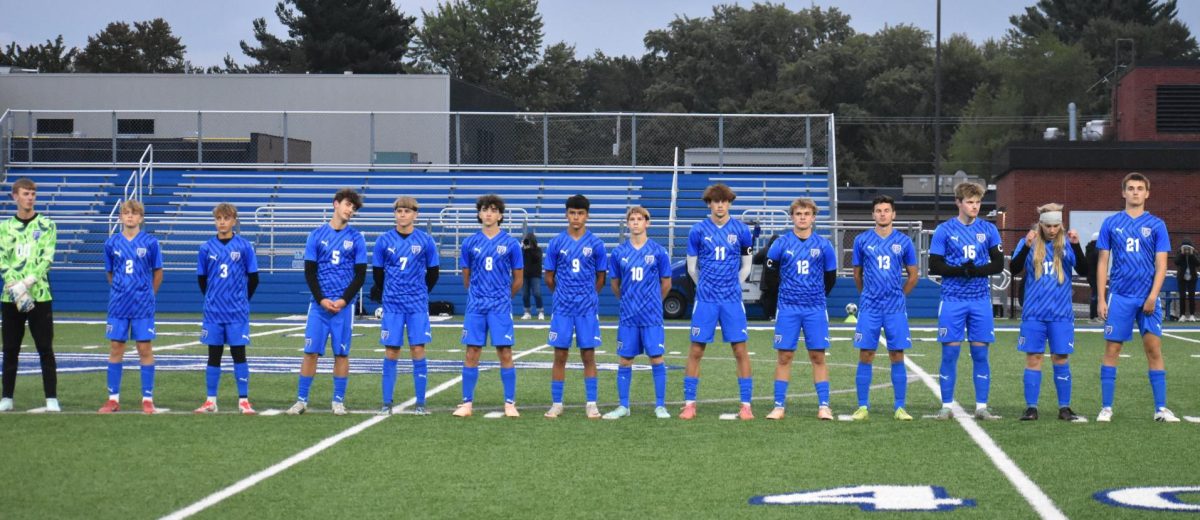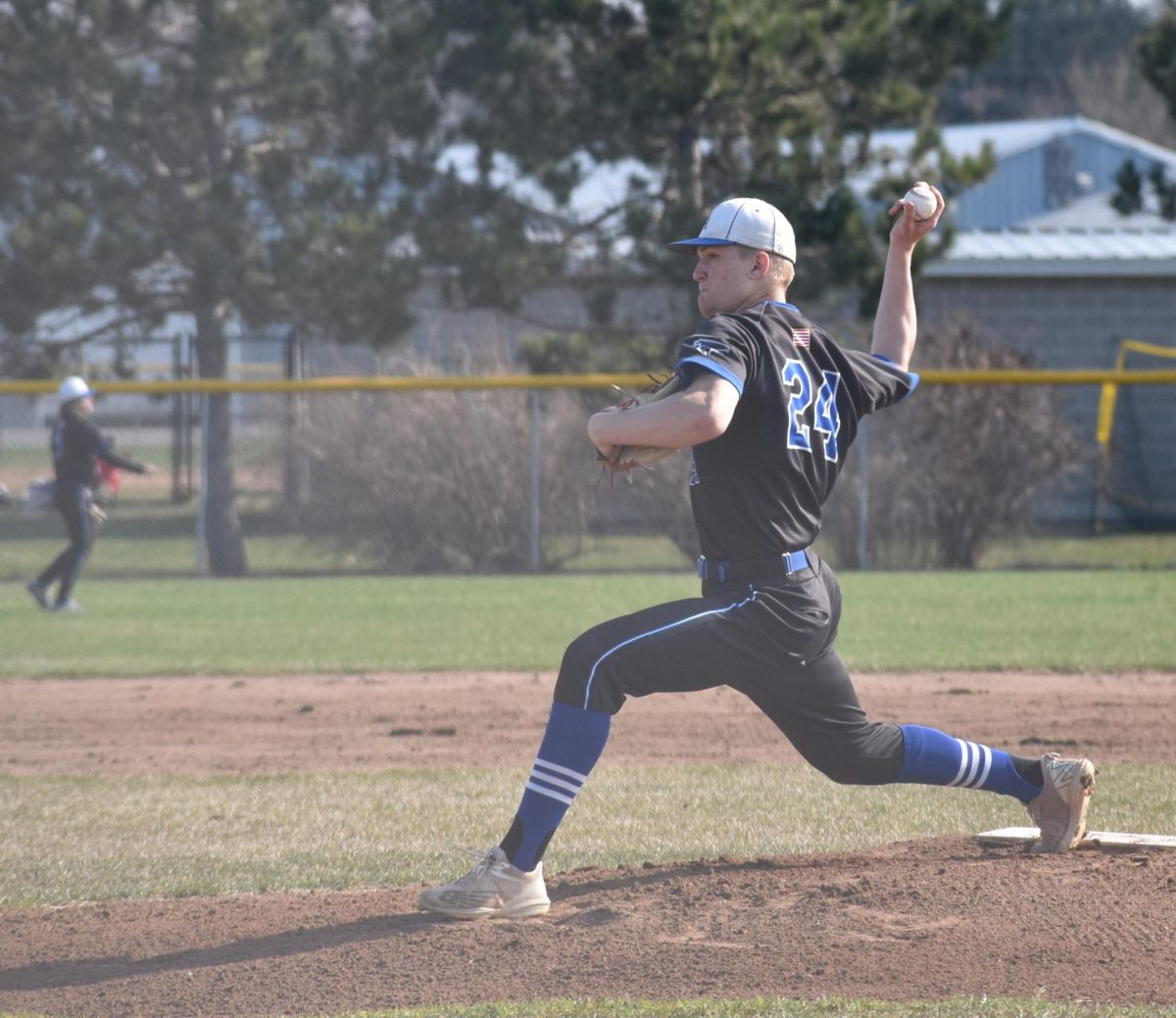Bryan Fay, of Waupaca, an excellent chess player who developed Waupaca’s state-qualifying program, came to Amherst to see if he could start a club/team, with the help of Doug Spadoni, a special education teacher at the Tomorrow River School District.
Fay started with eight students. four high school and four and it grew from there. He credits a “fantastic assistant coach at the middle school” and the introduction of chess as a summer school class. “We slowly added in competitive aspects but the goal has always been anybody is welcome, I don’t care how good you are, let’s work and have fun,” said Fay. Currently, Waupaca boasts 85 students 5th through 12th grade.
Spadoni is on the lookout for new chess players and feels that many will benefit from participation. “It feels good to be around like minded people who enjoy the same things that you do and chess is a very stimulating game…you really work your mind,” said Spadoni. Chess club at the moment is a pretty small group and is always looking for more members.
There are currently a handful of students who attend weekly with more sought.
Tucker Konkol, a freshman at Amherst who dropped out of the Chess Club said, “There were not enough people playing,” He’d love to return if more people were playing though. Spadoni agrees, “If someone really likes chess or if they just like hanging out after school then chess club is a good way to do it.”
Bryan Fay believes that you don’t need to be good at math, although it probably helps. “A big component to chess is seeing patterns and puzzles mid game that can help you gain an advantage or win,” Fay said. He also said that there are multiple life skills one can learn such as “long term planning, strategic thinking, loss acceptance, and don’t underestimate people.”
There are many things that make chess unique. Bryan Fay loves the accessibility that chess has, “anyone can play and succeed.” said Fay. Watching students progress in their knowledge is one of the joys of this hobby: “One of my happiest moments with an individual was with a student with some mental challenges who was able to focus himself to finish Top 10 in our conference JV section over the course of the season and win a trophy,”
Anybody can be good at chess, according to Fay, regardless of age, race, physical deformity, etc. “You should never assume an outcome just by looking at somebody,” he said.
Fay encourages those who are on the fence about chess to come to one practice. “At worst you’re out an hour and half and got to eat some chips and hang out with Coach Spadoni or myself. That doesn’t sound so bad right? If you want to be a good player, we can absolutely work on that and give you puzzles, ways to develop skills or if you want to hang out with your friends and have fun, we can do that in a way to get you to win half your games and at least beat your siblings, parents, grandparents etc.”
Chess Club meets every Wednesday from 3:30-5 p.m. at the Jensen Center, Amherst.
Chess has been around since the 6th century when it was in India during the Gupta Dynasty. It wasn’t called chess at the time but actually Chaturanga named after a military formation. Chess is only getting more popular with 605 million adults who play worldwide according to The House of Stanton. Will the Amherst Chess club grow like Waupaca’s? Only time will tell?






